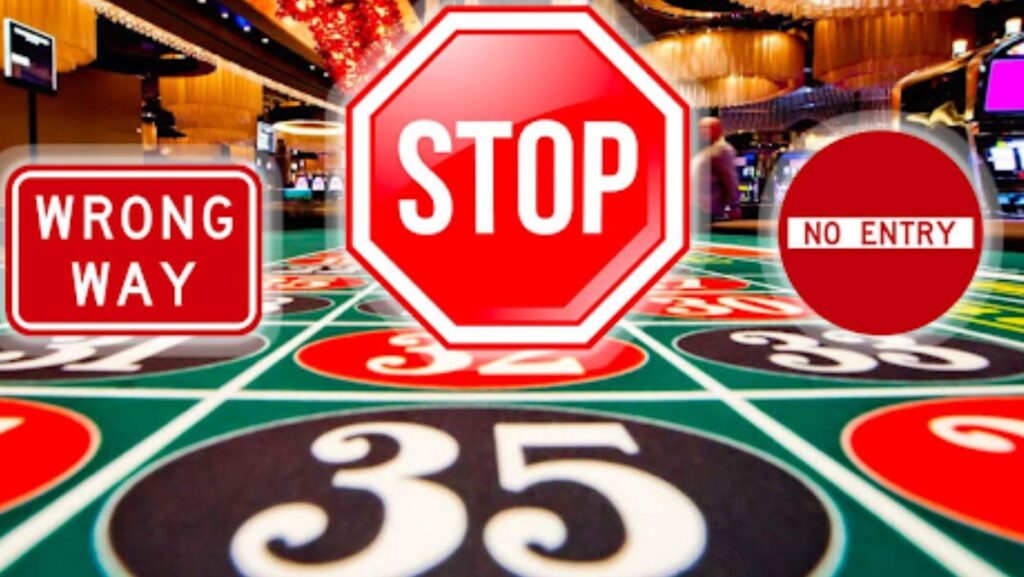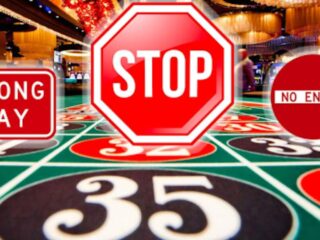
As gambling addiction remains one of the main challenges of the entire industry, authorities are focusing on increasing user awareness about the problem. In the 2020s, self-exclusions are among the most promoted methods of eliminating the first signs of the disorder. Some countries have already integrated mandatory programs that cover all domestic casinos and sportsbooks. These tools allow individuals to voluntarily ban themselves from gambling-related content to take time for recovery. As the popularity of self-exclusions grows, let’s discover whether they are as efficient as stated or are just a way to limit freedom and extend control over users’ actions.
How Self-Exclusions Work?
In recent years, players’ awareness about safer gaming practices has boosted significantly: authorities and responsible bodies highlight the need to behave responsibly and set self-limits. Hence, users can take advantage of temporary on-site transaction limits, cooling-off periods, and instant access to support groups. Self-conscious customers should remain responsible and set the maximum amount of time and money that they can spend in an online casino.
However, gambling can be thrilling and, unfortunately, addictive. Not all users are able to stop in time and stick to a healthy approach to this entertainment. In this case, they need third-party assistance. Self-exclusion is a tool that restricts access to casinos and bookmakers for a period that users can choose manually. Players are completely banned from all online gambling activities and can develop healthy habits. As a rule, this term varies from several months to a lifetime; this flexibility is advantageous for most people.
Benefits of Self-Exclusion Tools
Of course, not many gamblers are happy with the possibility of being restricted from their favorite entertainment option, but sometimes, it’s the only efficient way to avoid potential negative consequences. This harm-reduction strategy is used in many jurisdictions. In some countries, including the UK and Italy, regulatory authorities require all domestic sites to implement the program mandatorily. In other states with more flexible industry regulations, this tool is voluntary. So, what are the main advantages that players can enjoy when joining self-exclusions?
- Breaking the cycle of addiction. A total ban on gambling activities is often the only solution for gambling-related problems, especially when a user cannot cope with them without third-party help
- Promoting personal responsibility. When being restricted for a certain term, players can take time for recovery and reconsider their approach to this high-risk entertainment
- Reducing financial harm. Users who are unable to access any gambling-related content cannot deposit in online casinos, so they can avoid the negative financial consequences
- Improving mental health. It’s not a secret that gambling addiction is a severe disorder that requires long-lasting treatment, and avoiding this condition helps people stay mentally healthy
- Supporting long-term recovery. Besides the ban, self-exclusions typically provide access to treatment organizations, which develop a recovery plan and help users to stay safe in the future

These features often encourage users to join self-exclusion tools and remain responsible. Of course, this method is typically used when a person already suffers from the first signs of compulsive disorders. In other instances, players who are completing the 1xBet registration should remember to set financial limits and know when to quit the platform. Gambling is thrilling while you perceive it as entertainment, not a source of income, so stay informed and try to avoid more severe consequences.
Concerns About Self-Exclusion Tools
Such programs are gaining popularity across the globe, with governments and authorities promoting the need to restrict access to gambling content when experiencing the first negative signs. However, self-exclusions aren’t a one-stop solution addressing the problem. The thing is, not all players with compulsive habits admit that they have a problem. As these tools are voluntary, not everyone will agree to join them and participate until the chosen period is over.
The system isn’t advanced, so users still find ways to get around restrictions. For example, multiple unregulated online casinos and sportsbooks are accessible to customers. These platforms typically don’t conduct customer verifications and never check whether a person is self-excluded. The essence of such programs lies in the fact that participants cannot cancel or suspend them before the chosen period is over.
However, the possibility of joining third-party sites and still enjoying gambling-related activities erases all the progress. Self-exclusions are only efficient when a player understands that they have problems and is ready to accept ways to resolve them. In other instances, it’s just a senseless solution: users who don’t want to be banned will find ways out.
Further Steps for Promoting Responsible Gambling
Currently, many authorities worldwide focus on this point. Increasing awareness about the issue is on the agenda, so governments strive to educate populations about the risks that they accept when playing real-money online casinos. Multiple safer gaming initiatives are organized, with a specific focus on the younger generation. Responsible gambling campaigns are held in collaboration with leading bookmakers, sports teams, and celebrities. When users see alerts about the need to stay in control, they are more likely to plan their gambling sessions and keep an eye on expenses. Still, the self-exclusion debate is ongoing, so more countries are yet to adopt this tool in the future.












